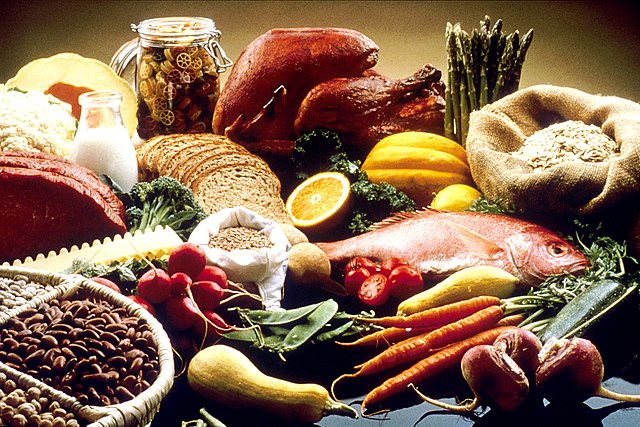More than ever before, WIC is a critically important program to the people of Hawaii.
WIC stands for Women, Infants and Children and is a federal Supplemental Nutrition Assistance Program. It was developed during the first White House Conference on Hunger and Nutrition in 1969 after many U.S. doctors noticed their pregnant patients were suffering from malnutrition and began prescribing healthy foods to combat the problem.
The WIC program has now grown into a nationally recognized program providing nutritious foods to families across the state. These foods are backed by nutritional research and provide the proper vitamins and minerals that are critical for prenatal health and growing keiki.
Applicants are eligible if they fall under 185% of the federal poverty level, have Medicaid or SNAP benefits and have a nutritional risk. Qualifying WIC participants receive a supplemental amount of nutritious foods like whole wheat bread, iron-fortified cereals, a cash value benefit to use for fresh fruits and vegetables, milk, eggs, cheese, yogurt, peanut butter, canned beans and more.
They also have access to nutrition education, breastfeeding support and referrals to many other family resource programs.
The WIC program of today is one of the strongest federal nutrition programs in the nation. In 2022 there were over 6.2 million WIC participants nationwide and 25,000 WIC participants in Hawaii. Unlike the SNAP program, recipients do not need to be U.S. citizens to access and apply for WIC. Adjunct eligibility through SNAP and Medicaid make it easy to qualify.
Currently, WIC needs to be fully funded in order to provide these critical benefits to families like many of us who are struggling to afford everyday groceries and put food on the table. The federal government has until Nov. 17 — this Friday — to finalize their 2023 spending budget and often times WIC is at the top of the list when cuts need to be made.
In a recent plea to our federal legislators I wrote this message:
“I am writing to you about the critical matter of fully funding WIC for the fiscal year 2024 budget. I ask that you please protect our Hawaii families’ WIC benefits as many depend on these for healthy food on their table. The fruit and vegetable cash value benefits, called ‘CVB’ that are allotted for each participant are currently: $26 for each keiki ages 1-5, $47 for pregnant and postpartum people and $52 for lactating people.
“If this government budget crisis continues the CVB benefits could be cut to $10 per child and $12 per adult, or even cut all together. Please don’t let this happen to our WIC ohana. We must fight hard to keep the current amounts. For many, WIC is the only government benefit they have access to because they are overqualified for SNAP and, unlike SNAP, WIC provides very specific foods that are backed by scientific research for the nutritional value they contain.”

Care For Our Families
I was once a WIC mom with four keiki worried about how we would make ends meet. After the birth of our second child, I left the work force to become a “stay-at-home” mother and we were completely reliant on my husbandʻs income.
I went to the Waimanalo WIC office and was welcomed and qualified for WIC for almost five years. It was the boost our family needed to assure our keiki were growing well and thriving. I will never forget my time as a WIC participant and how it helped me to be a better mom to my kids.
I am now the WIC supervisor of the Waimanalo WIC Program and I support a caseload of almost 1,300 pregnant, breastfeeding and postpartum participants and their keiki. I think of each of them as my ohana and by assuring their health and wellness, I assure that their future generations will live well and prosper.
I hope you will join me in supporting the WIC program as a means to supporting ohana across the pae aina (archipelago) by encouraging the community to share their stories of how WIC may have helped them and its importance to our federal legislators.
Mālama I kā kākou ʻohana. E Hoʻoulu lāhui aloha. Care for our families, Raise a beloved nation.

<!–  –>
–>
<!– Sign up for our FREE morning newsletter and face each day more informed. –>
Sign up for our FREE morning newsletter and face each day more informed.
Sorry. That’s an invalid e-mail.
Thanks! We’ll send you a confirmation e-mail shortly.
